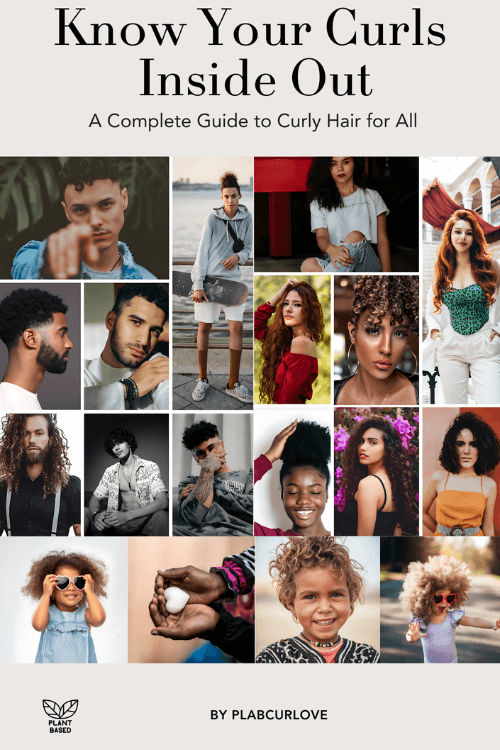Blog
10 Tips for Ultra Moisturized Afro Hair

Caring for afro hair can be a deeply personal and invigorating experience. However, finding the right way to moisturize and maintain your luscious locks can be a bit of a maze. To simplify that process, here are succinct tips on how to ensure your afro hair is always hydrated, vibrant, and healthy. Read on for 10 Tips for Ultra Moisturized Afro Hair!
1. Know Your Hair Porosity
Q: What does porosity mean for afro hair?
A: Hair porosity refers to how well your hair can absorb and retain moisture. It’s important to know your porosity level because this will dictate the kind of products and techniques your hair will respond to best. If you’re not sure, you can do a simple float test with a strand of your hair.
Tip: High-porosity hair usually needs more moisture, while low-porosity hair can easily become weighed down.
2. Water is Your Best Friend
Q: How important is water for afro hair?
A: Water is the ultimate moisturizer. It’s the gateway to hydration for afro hair! Make sure to include regular water intake (hydration from within) and regular water applications for your hair, especially before adding any other moisturizing products.
Tip: Use a spray bottle filled with water to spritz your hair daily and replenish moisture levels.
3. The L.O.C. Method
Q: What is the L.O.C. method?
A: The L.O.C. (Liquid, Oil, Cream) method is a popular way to layer products for maximum moisture retention. Start with a water-based product, then seal in the moisture with an oil, and finish with a cream or butter to lock the moisture in.
Tip: For the liquid step, opt for hydrating mists, oils like argan or olive for the oil step, and shea butter for the cream step.
4. Deep Conditioning is Key
Q: Why is deep conditioning necessary for afro hair?
A: Deep conditioning penetrates the hair shaft to provide lasting moisture. It also helps with detangling and can even strengthen your hair over time.
Tip: Deep condition at least once a week for 20-30 minutes. Use a product with natural, nourishing ingredients like avocado, aloe vera, or coconut oil.
5. Humectants Can Be Tricky
Q: What should I know about using humectants in moisturizing products?
A: Humectants draw water from the atmosphere to your hair, which is great in humid conditions, but in dry climates, they can actually pull moisture from your hair.
Tip: Be mindful of your environment and the ingredients in your products. Choose glycerin-free options for drier climates or seal your hair after use.
6. Protective Styling and Moisture
Q: How do protective styles assist with moisture?
A: Protective styles like buns, braids, and twists keep your ends tucked away, preventing moisture loss through exposure.
Tip: While in a protective style, focus on moisturizing your scalp and hair with lightweight products to avoid buildup.
7. Regular Trims Improve Moisturization
Q: What does cutting my hair have to do with moisture?
A: Regular trims keep your hair healthy, preventing splits and breakage, which can lead to the loss of precious moisture.
Tip: Consider getting a trim every 3-4 months, or as needed, to maintain the health of your hair.
8. Consistency is Key
Q: Why is consistency important when it comes to moisturizing?
A: Consistently following a moisturizing routine will keep your hair balanced and ensure it’s never thirsty.
Tip: Find a routine that fits with your lifestyle and stick to it. Over time, your hair will thank you for the consistent care.
9. Scalp Health Impacts Hair Moisture
Q: Does my scalp affect the moisture of my hair?
A: A healthy scalp promotes healthy hair growth, and by keeping your scalp moisturized, you also help your hair stay moisturized.
Tip: Massage your scalp with oils known for their moisturizing properties, like jojoba or sweet almond oil, to encourage blood flow and nourishment.
10. Be Kind to Your Hair
Q: Can my behavior affect my hair’s moisture?
A: Absolutely. Harsh handling or over-styling can damage the hair’s cuticle, leading to moisture loss.
Tip: Treat your hair gently, detangle with care and minimize heat and styling tool usage to maintain moisture levels.
It’s crucial to remember that every afro is unique, and the path to perfect moisture will be individual. Experiment with these tips and customize your routine until you find what works best for your hair. Your beautifully moisturized afro will thank you for the care and attention you give it!
TL;DR: Moisturizing your afro hair is a blend of science and love. Know your hair, use water generously, master the L.O.C. method, deep condition, watch out for pesky humectants, and maintain healthy habits—your afro will flourish with radiant hydration.
Ultimate Curly Hair Guide!

Transform your curls today with the ultimate guide to perfect curls—get your copy now! 🌀📚✨
Buy Now